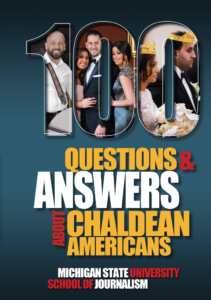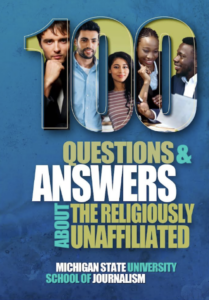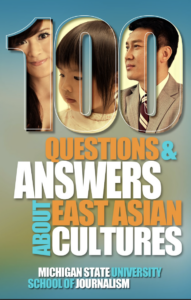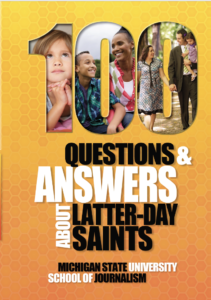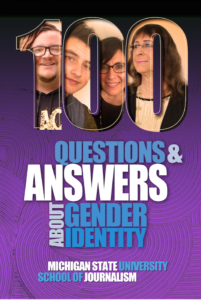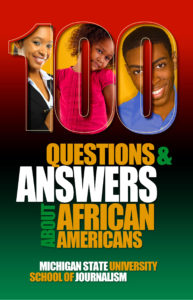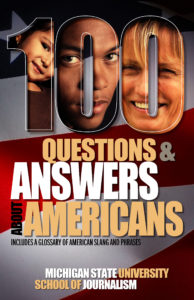The New Testament story about money changers in the Temple is widely known and sustains a darker meaning writes Menachem Wecker, a freelance writer based in Washington, D.C.
In a column published by the National Catholic Reporter, Wecker writes that the story has been interpreted to feed stereotypes about Jews.
 According to Wecker, “To early Christians, it cast ‘other’ Jews as rejected by God, and medieval adherents leveraged it to associate Jews with money and power.” He writes that expressions including “30 pieces of silver” and “the money changers from the Temple” stir up the stereotyped connection of Jews with money and power.
According to Wecker, “To early Christians, it cast ‘other’ Jews as rejected by God, and medieval adherents leveraged it to associate Jews with money and power.” He writes that expressions including “30 pieces of silver” and “the money changers from the Temple” stir up the stereotyped connection of Jews with money and power.
There are other ways to interpret that story, Wecker writes, and points to Curtis Hutt, associate professor of religious studies at University of Nebraska Omaha. Hitt has said a more accurate reading is that Jesus criticized some money changers but praised others.
According to Wecker, Malka Simkovich, Jewish studies chair and director of Catholic-Jewish studies at Chicago’s Catholic Theological Union, said Jesus was envisioning “the coming destruction of the Temple and the notion that the religious function of this Temple was coming to an end, to be replaced by a new form of divine worship and penance”
Wecker’s exploration of the story’s meaning and what it signifies for U.S. Rep. Alexandria Ocasio-Cortez, who mentioned the story as a a favorite to Reporter editors, is an interesting journey into Jewish and Christian history, as well as contemporary politics.
“100 Questions and Answers About American Jews” includes a section on Jewish stereotypes. The guide is available from Amazon or the Front Edge Publishing bookstore.

